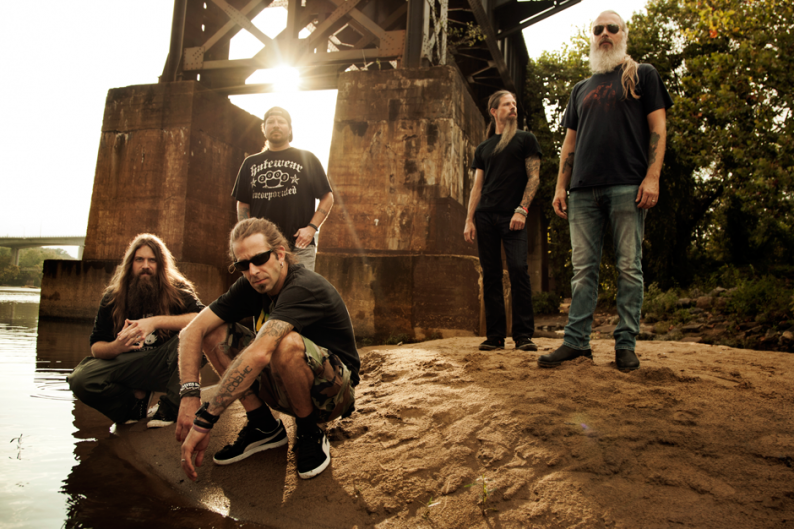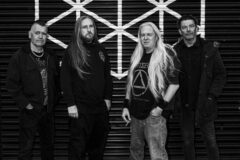The most interesting part about this year’s election, for me at least, has been watching the Democrats and Republicans and, really, the American political system as a whole, search for a discernible identity and ideological vision. We are facing a new day with respect to how we will balance domestic and international policy, and the manner in which these interests are to be prioritized to serve our overall national interest. Rather than subscribe dogmatically to one or another version of what are essentially the same, watered down political parties, separated (at least in the modern era) by a few “hot button” issues, the savvy voter will choose the candidate that best espouses a focused and organized approach with regard to how we will strategically direct our resources toward the greater good of the country.
Throughout the last decade, this has been a largely outward directive. The changing economic and political landscape, in my opinion, implores us to refocus toward an inward looking, dare I say, isolationist strategy. Ok, maybe not that far, but certainly [further] than in the past, well, twenty years. Here’s why: To a student of political science in the 1990s, the primary focus of International Relations theory revolved largely around the readjustment of power in the post-Cold War era. How would the international community settle into a new game in which there were more than two primary players? Aside from a few pseudo-humanitarian military campaigns (Bosnia and Somalia come to mind) and an almost comically lopsided war with some pretty “blurry” motivating factors (the first Gulf War), the overriding questions were: Who would emerge as the new world military and economic superpowers? (A question that implies a balanced focus of external and internal issues.) And: What new alliances would result from a surging China, a “new” Russia and an unstable but resource rich Middle East? These concerns, however, shifted seemingly in an instant with the events of September 11, 2001, sending the American political agenda into a tunnel-visioned, single-tracked offensive against “terror,” defined, in this case, as fundamentalist Muslim extremist groups and the nations that harbored and funded them. Our focus became almost entirely outward. This quest, not surprisingly, proved not to be as cut and dried as we would all hope (see: Pakistan), and in time, after thousands of brave young men and women were sent home in flag-draped caskets and a couple cultural icons of “terror” (Osama bin Laden, Anwar al-Aulaqi) were killed, we all grew tired of our little wars and began the process of turning them over to awkwardly assembled local forces, ostensibly friendly to our national interests. Our focus begins to turn inward.
So now we find ourselves at a bit of an ideological crossroads. Anyone confused about how a nation, no matter how “rich” or “powerful” it may have been, is sinking in debt after fighting TWO wars at the same time needs their head checked. It doesn’t take a degree in economics to figure out that that shit is insanely expensive beyond imagination. Yet, oddly enough, in our entire collective finger pointing and blame assigning, there is surprisingly little mention of this. I don’t really get it. Perhaps it would be political suicide to risk being perceived as unpatriotic or disrespectful to our lost soldiers by questioning whether or not these wars were worth the impact they had on us at home. (In an economic sense.) Nonetheless, with the wars drawing to a close, at least in the overt sense, we as a nation, and more specifically the two political parties representing us, will be faced with finding a new collective balance between an international and domestic focus. Of course, both [issues] are still going to be facets of our approach to governance, but it’s the balance between them that will lay the framework of where we will stand in the coming decades. The candidate, and party, with the most organized vision and strategy with regard to that balance is the one that will point us toward recovery.
To me, that choice is obvious. Hopefully it is to everybody else!





